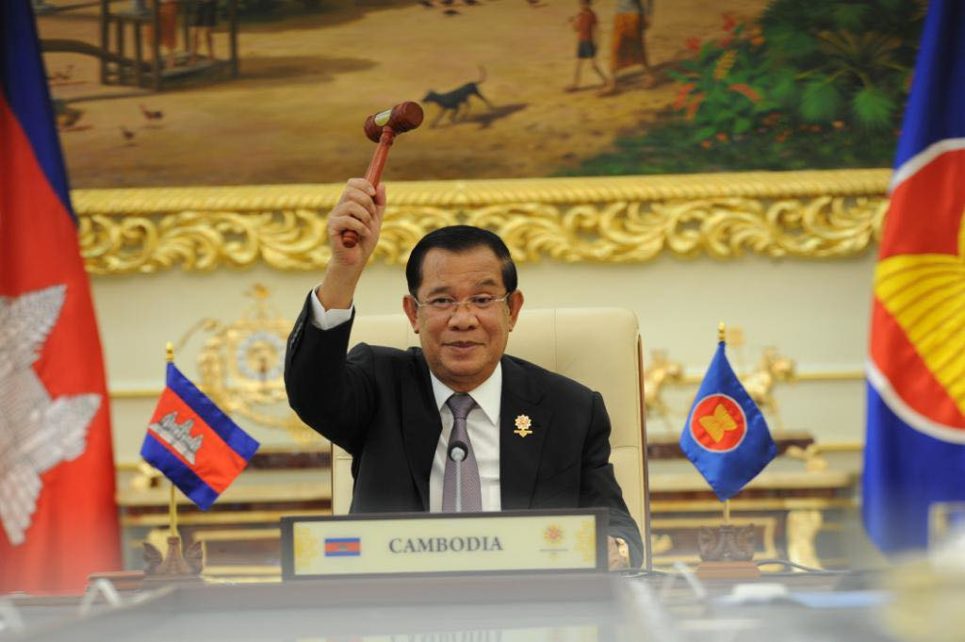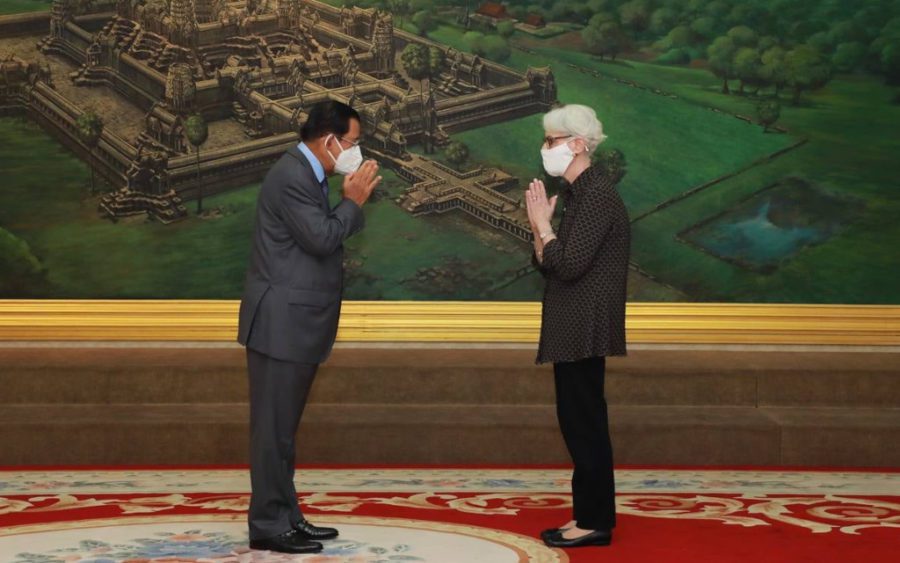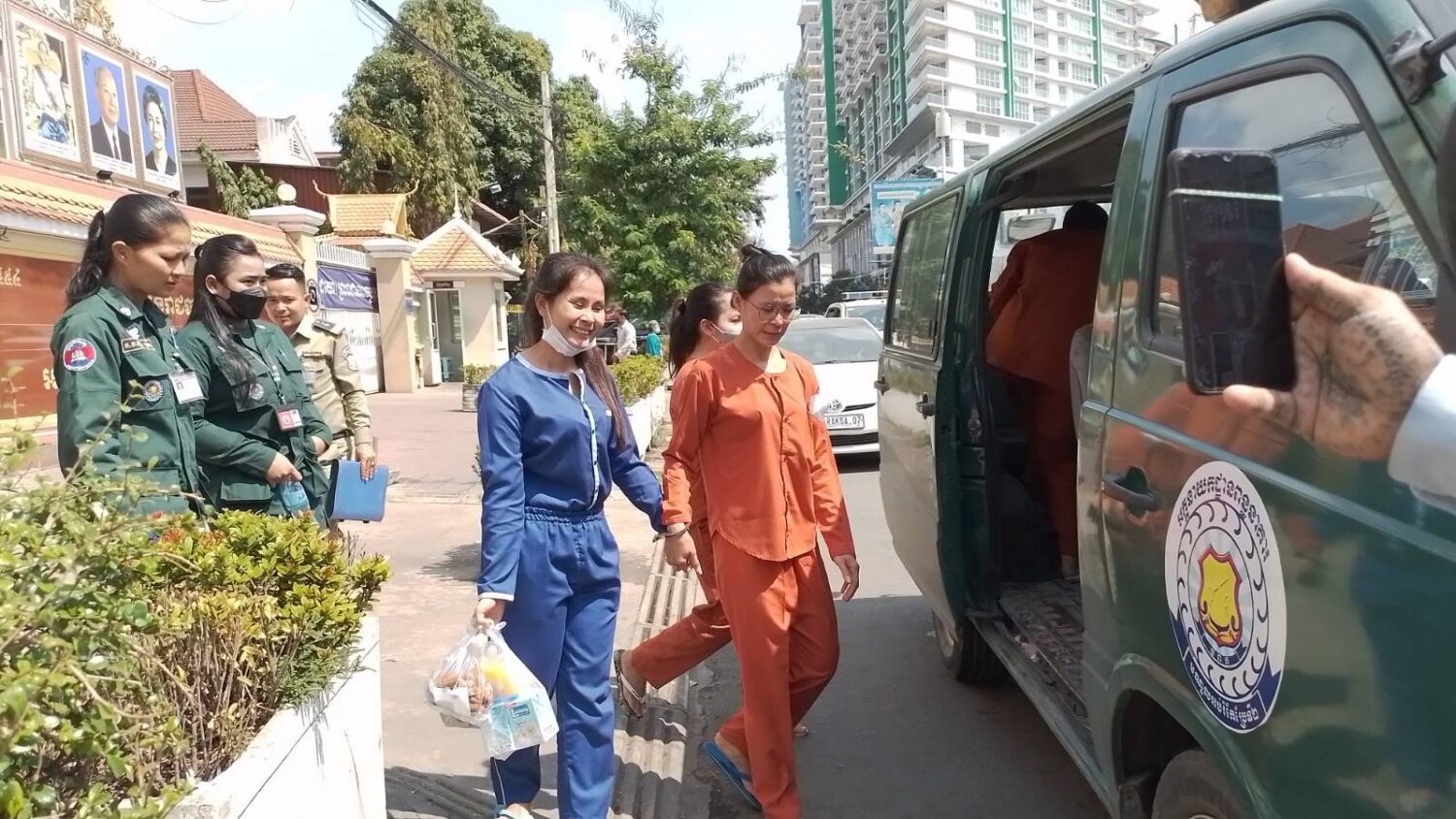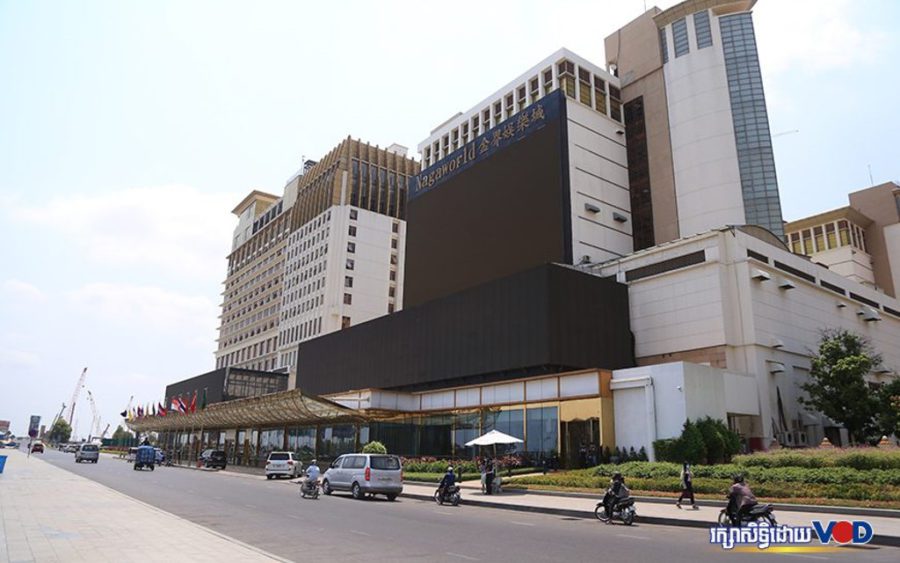Over the past week, increasing diplomatic pressure on Cambodia has coincided with the suddenly approved release of at least a dozen political prisoners, with more likely on the way.
Many had been in pretrial detention for more than a year. But since last Friday, last-second sentencings and appeal decisions have cleared the way for the prisoners to be released within the same week.
One was handed a 14-month, 27-day sentence; another 15 months and 11 days — unusually precise durations.
Meanwhile, screws have been tightening on Cambodia. Overnight to Thursday, the U.S. issued fresh sanctions on two military figures. It also warned U.S. businesses of corruption and human rights abuses in Cambodia and announced a review of key trade benefits. The week before, U.N. experts gave a surprisingly blunt assessment of Cambodia’s judiciary: “The courts are again being weaponised to silence any form of dissent.”
Chin Malin, spokesperson for the Justice Ministry, on Friday insisted the courts were simply following ordinary legal procedures.
“It is not about receiving pressure or not — this is the court process that the court generally implements, and it is not only these activists,” Malin said. “The Ministry of Justice has introduced a campaign to speed up the frozen cases at the court and reduce crowding in the prisons.”
A Foreign Affairs Ministry statement complained of the U.S. sanctions, saying the ministry “strongly deplores the long-arm jurisdiction” of the U.S. and that its “smear campaign” violates international laws.
Dozens of political prisoners remain in jail. But the week’s events show a mix of stiffening international pressures as Cambodia takes on the Asean chairmanship amid geopolitical tensions, and the government seemingly showing some hesitation, observers said.
Government spokesman Phay Siphan said this week that the U.S.’s actions were “hugely regrettable.”
Cambodia was being squeezed between China and the U.S. in a new Cold War, pushed into geopolitical conflict, he said. It was an “evil” situation, he said.
“Cambodia has always sacrificed everything to help the U.S., like from 1970-1975,” he said of late prime minister Lon Nol’s U.S.-friendly coup and government.
Siphan added that even though China was a friend that was helping to boost the economy, and the country was thankful for Chinese support, Cambodia never took any country as an enemy, and it was not forgetting its U.S. friend.
“We do not want to have a dispute with the U.S,” he said.
Nevertheless, construction on Preah Sihanouk province’s controversial Ream Base — currently under the U.S. microscope due to suspicions it will harbor Chinese soldiers — would continue, Siphan said.
“Cambodia is not under any colonization,” he said.
Seng Sary, a political scientist living in Thailand, said he saw a “softening behavior” in Siphan’s comments and the release of prisoners.
“We need to somehow guarantee the national interest and cannot take too hard a line that could jeopardize the national interest and cause huge national economic problems,” Sary said.
As Asean chair, Cambodia would want to cool down the tensions, he added.

Meanwhile, Sary added, the U.S. appeared to be pushing Cambodia back to the negotiating table, especially over Ream.
Political analyst Lao Mong Hay said both Siphan and the Foreign Affairs statement highlighted that Cambodia was not responding in its usual strongly confrontational way.
One change was the transition from former U.S. President Donald Trump to current President Joe Biden, who backed democratic and human rights around the world, Mong Hay said. The new U.S. administration was also focused on countering Chinese influence in the Indo-Pacific region, he said.
The U.S. shift had been apparent since the June visit of deputy secretary of state Wendy Sherman to ask Cambodia to rebalance its relations between the U.S. and China, he said.
This week’s announced review of the General System of Preferences trade benefits was especially significant, he added, as the U.S. was Cambodia’s biggest export market thanks in part to quota and tariff free trade.
“Our economy relies on the GSP,” he said. “Our exports to the U.S. are huge.”
Mong Hay also agreed that Cambodia’s Asean chairmanship could help keep it in line. “Cambodia cannot be confrontational like in the past because Cambodia is the chair.”












